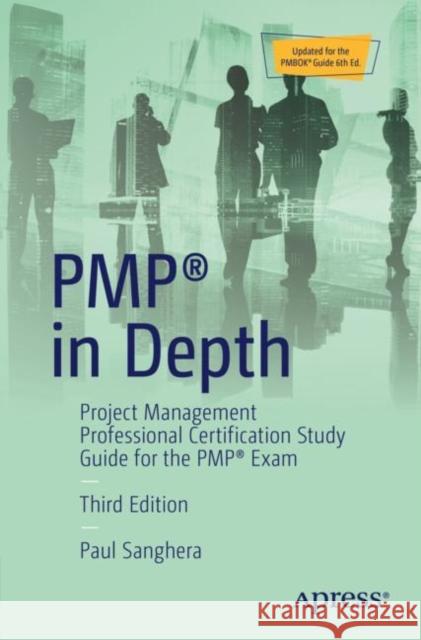Pmp(r) in Depth: Project Management Professional Certification Study Guide for the Pmp(r) Exam » książka
topmenu
Pmp(r) in Depth: Project Management Professional Certification Study Guide for the Pmp(r) Exam
ISBN-13: 9781484239094 / Angielski / Miękka / 2018 / 665 str.
Kategorie:
Kategorie BISAC:
Wydawca:
Apress
Język:
Angielski
ISBN-13:
9781484239094
Rok wydania:
2018
Ilość stron:
665
Waga:
0.93 kg
Wymiary:
23.39 x 15.6 x 3.45
Oprawa:
Miękka
Wolumenów:
01
Dodatkowe informacje:
Glosariusz/słownik
Wydanie ilustrowane
Wydanie ilustrowane











